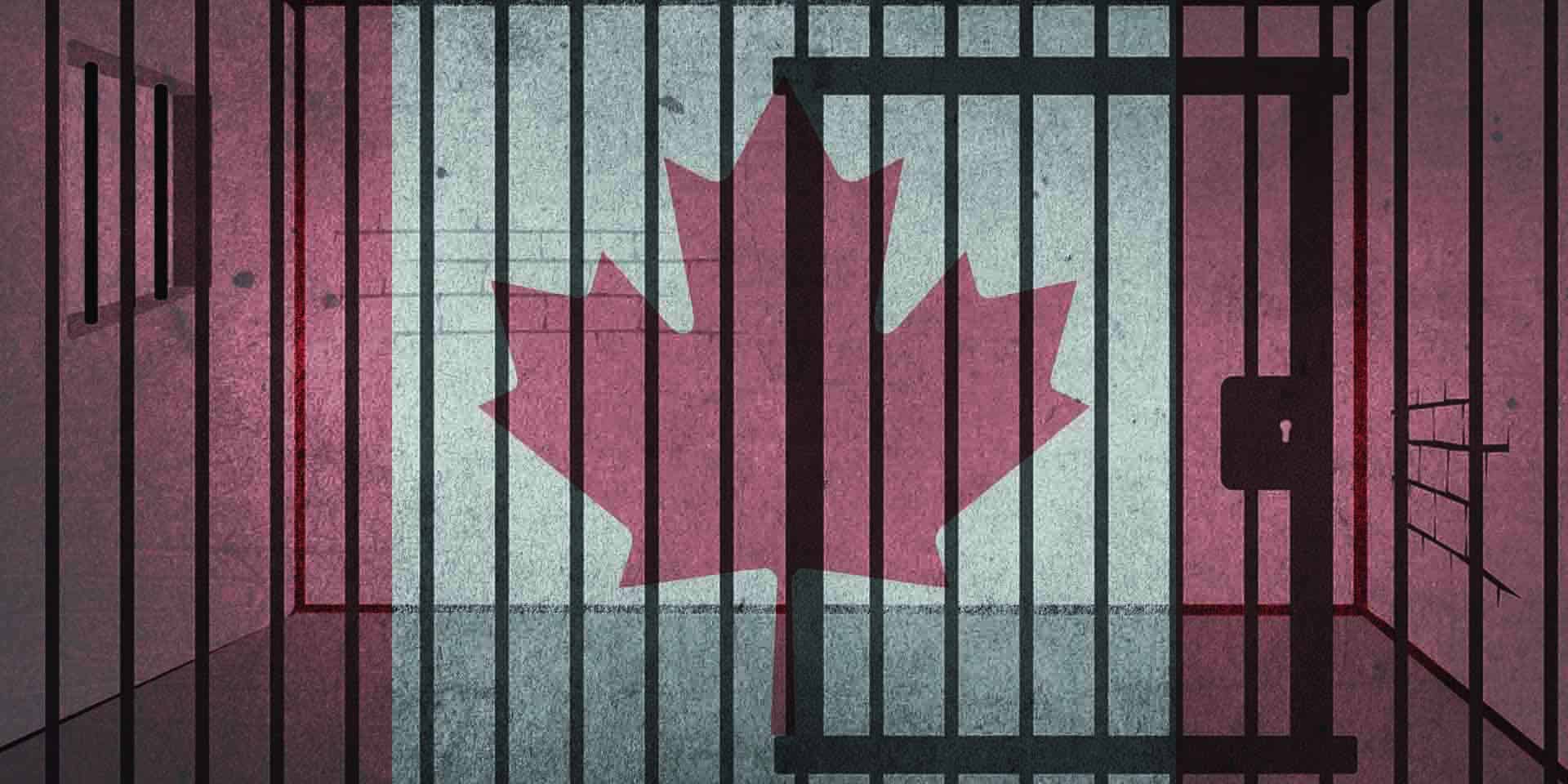Unpacking “Jail N Bail”

author: marty grande-sherbert | oped editor

Pixabay
Let me say this right at the start: raising money for cancer research with creative fundraising is a good thing. I’m not claiming this type of fundraising is the greatest problem facing our society today, nor am I advocating a riot in the streets. I say these two things because I think there’s a tendency for people to be perceived as frothing at the mouth with rage every time they come out with a left-leaning criticism, and it’s important to realize that there are reasons to criticize things other than outrage or self-righteousness. Sometimes people just see an issue and want to discuss it. This is a disclaimer that could be put in front of most of the things I write, I think, but this is one that I think will get me accused of “overreacting” in particular.
Getting to the point, I do not find the Canadian Cancer Society’s “Jail N Bail” to be a fun or entertaining method of raising money. It left me feeling a little disappointed, disheartened, and uneasy about some of the implicit messages that I was receiving. When I walked past this event last week, having never heard of the initiative before, at first glance I thought that maybe this was some project trying to raise a discussion about incarceration. I wouldn’t have been impressed if that was the case, either – I think that it’s disrespectful to make light of something that impacts peoples’ lives seriously by turning it into a gimmick or a spectator sport, even if you’re trying to draw attention to the issue. However, I’m even less impressed that it had nothing to do with incarceration or prisons at all. This approach to fundraising is merely looking to catch people’s attention – which is great, this makes it fun. But that method of garnering attention should not come at the expense of trivializing something serious.
The reason I’m a little sensitive about this is because I have real issues with the way prisons operate and the way we perceive incarcerated people. While “Jail N Bail” was having fun casting the student government as criminals and dressing up as judges or inmates, it is humiliating, for a person to actually be locked up, publicly shamed for things they’ve done and have to beg for money in order to retain their personal freedom. While it might be a useful tactic for a fundraiser, this isn’t just a gimmick; real people go through this, and it’s often very traumatizing for them. Living in a prison can be dehumanizing, and even when a person is released, they are often denied basic freedoms like voting. That means they can never feel the full self-worth they had before.
I believe that this is simply an awful way for a society to conceptualize justice, but that’s an argument for another issue. Whether or not you agree with punitive justice or think that some people deserve to go to prison, it simply wouldn’t be compassionate or thoughtful not to consider how the prison population – a disproportionately large fraction of which is racialized or subject to other forms of societal marginalization – shouldn’t be pointed and laughed at. I know that the Cancer Society and URSU were not literally mocking incarcerated people, and I’m not saying that they committed some horrible wrong by doing this work for a good cause. What I’m saying is that there was an implied idea about the shame of being incarcerated buried in that fundraising setup, and I’d like to invite readers and participants to think a little more about it. Whether or not you arrive at the same conclusion you had before, there is no harm in thinking twice before you put on a show.









